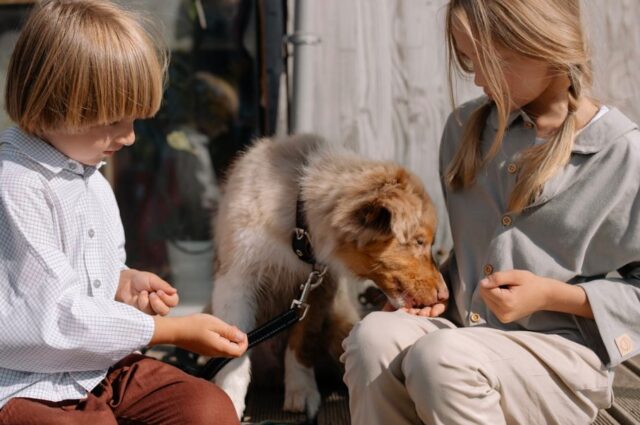Losing a pet can be an incredibly difficult emotional experience, as pets often become integral parts of our families. The strong bond we share with them brings happiness, companionship, and even purpose to our lives. When a pet passes, it’s natural to feel profound grief, sometimes as intense as losing a human family member. This grief can be hard to process, especially if others don’t fully understand the depth of the loss. Acknowledging the grieving process and finding healthy ways to cope are essential steps toward healing and moving forward.
The Human-Animal Bond
The loss of a pet can be overwhelming because they are much more than just animals to many people; they are beloved family members. Pets offer companionship, joy, and a sense of purpose.
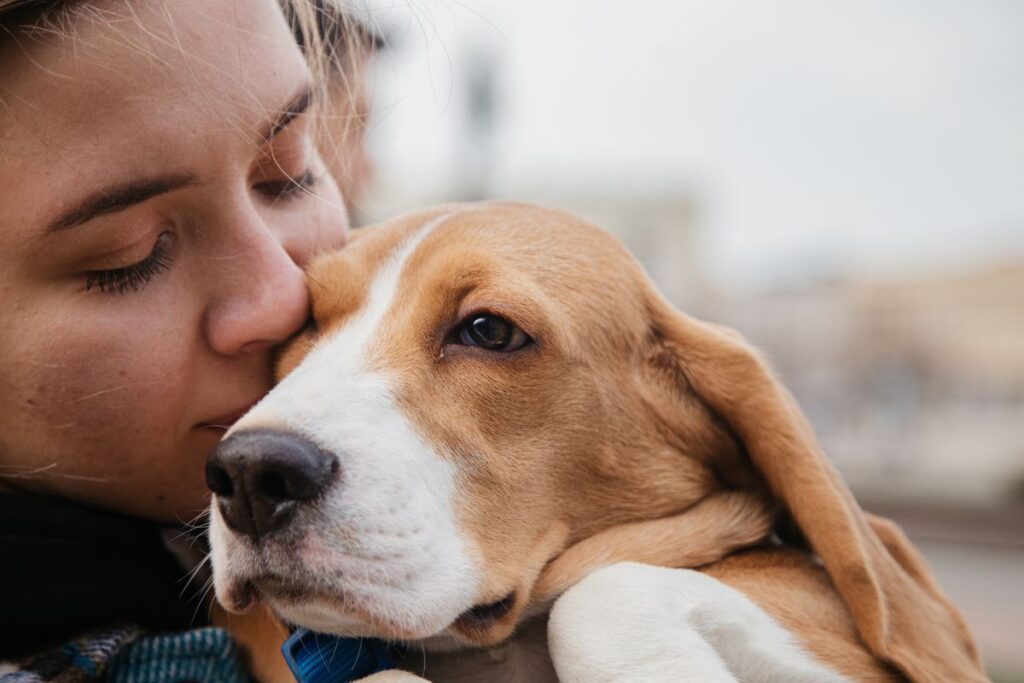
When they pass away, it’s normal to grieve deeply, just as you would when losing a close human loved one. The special bond we have with them makes their absence feel devastating.
The Heartache of Pet Loss
The level of grief you experience may depend on your relationship with your pet, their role in your life, and how they passed away.
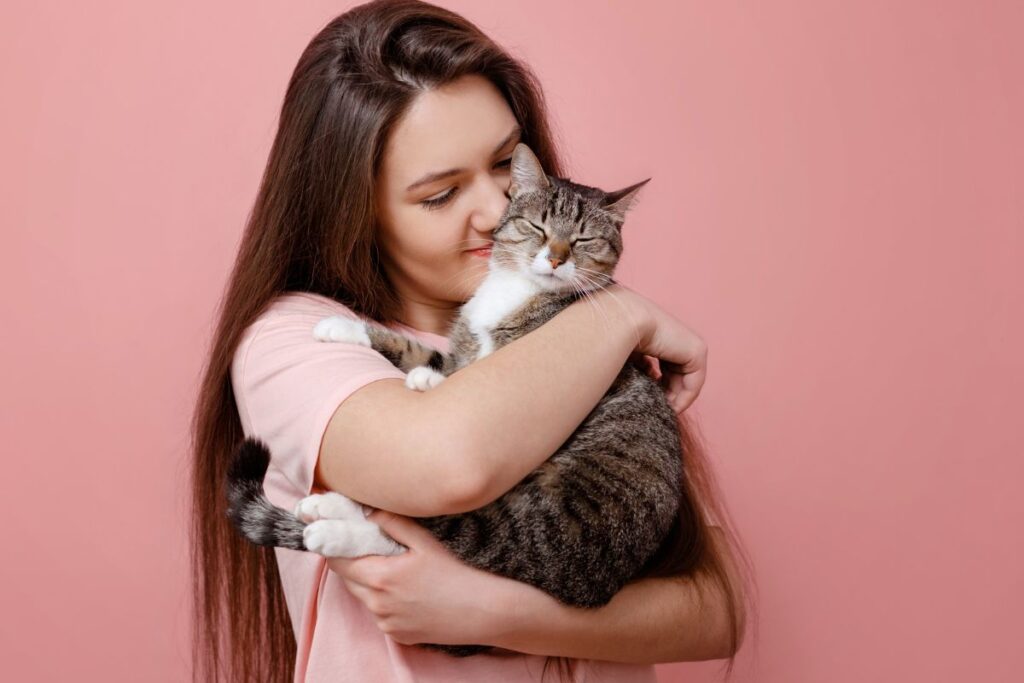
For instance, if your pet was a service animal or had a special function, you may also mourn the loss of the assistance they provided. If you lived alone with your pet or feel guilt about medical decisions, these factors can heighten your feelings of sorrow.
Navigating the Grief Process

Grief is deeply personal, and everyone experiences it in their own way. Some may go through different stages of grief—denial, anger, guilt, sadness, and eventually acceptance—while others may experience waves of emotion over time. There is no set timeline for healing, so it’s important to let yourself feel your emotions at your own pace.
Understanding Grief’s Individual Nature

Coping with the loss of a pet means allowing yourself to express your grief. Talk to people who understand, journal your feelings, or take part in ceremonies such as memorials or funerals. These actions can bring a sense of closure and help you move forward while still honoring the memory of your pet.
Expressing and Accepting Emotions
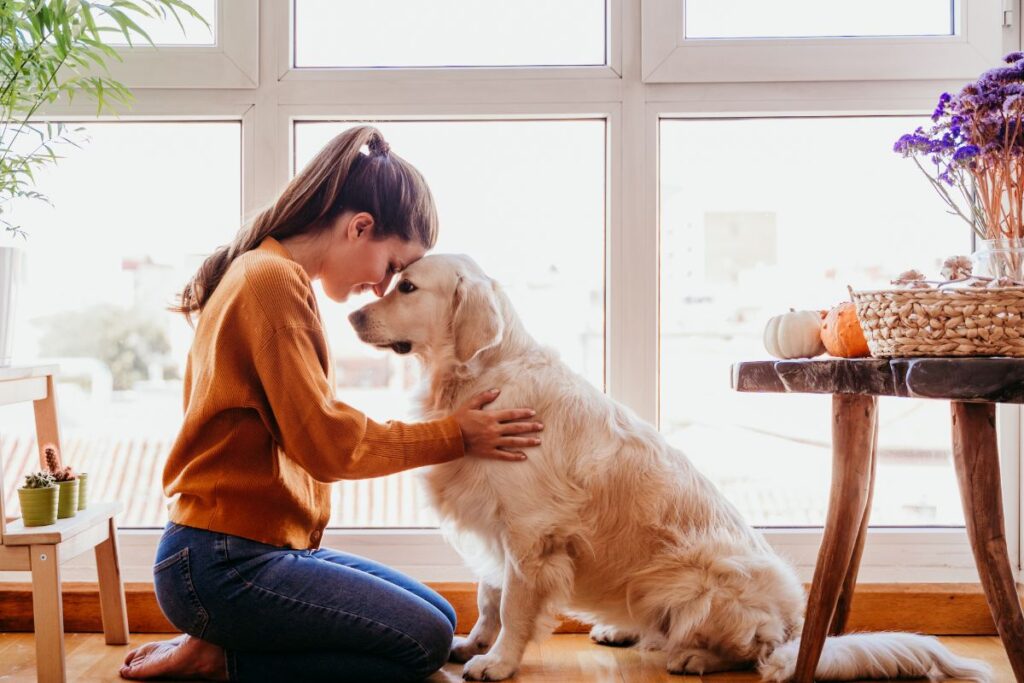
Losing a pet can feel isolating when others don’t fully grasp your grief. Some people might minimize your loss, but it’s crucial to find support from those who recognize the significance of your bond. Connecting with others who have gone through similar experiences can be a great source of comfort.
Finding Solace in Memories
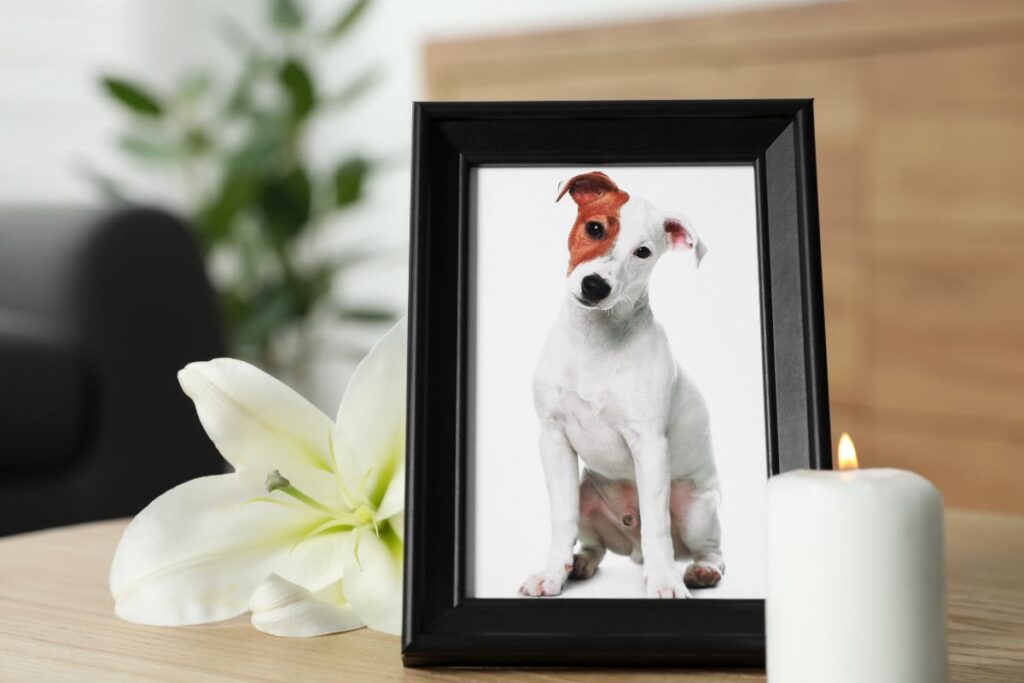
For older adults, losing a pet can be especially painful, as pets often provide vital companionship and structure. It’s important for seniors to maintain social connections, find new activities, and perhaps explore new opportunities to engage with animals, whether through volunteering or adopting another pet when the time is right.
Moving Forward While Honoring the Past
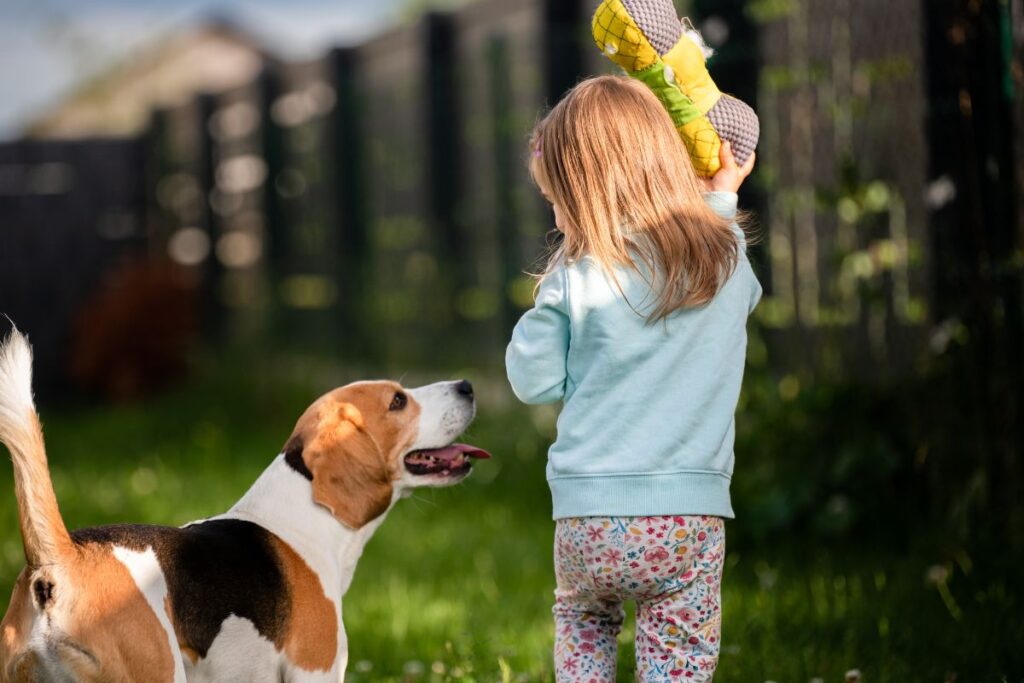
If children are involved, losing a pet can teach valuable lessons about dealing with grief. Be open with them, encourage them to express their emotions, and involve them in the process of remembering the pet. This helps children cope with loss in a compassionate way and understand the cycle of life.

